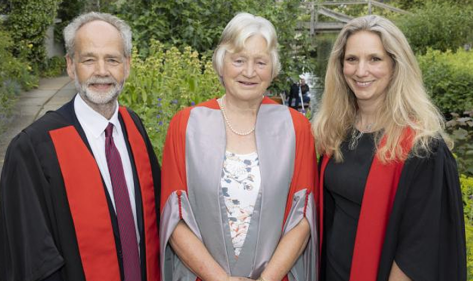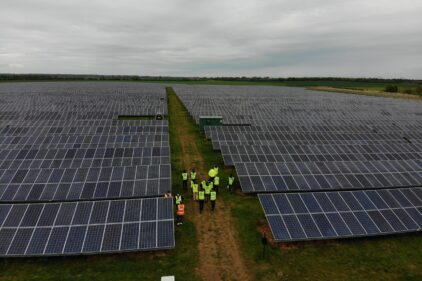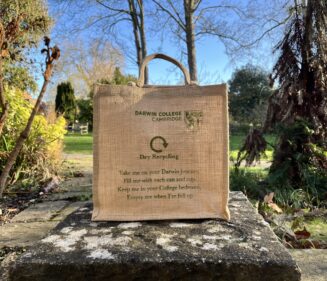Sustainability Progress Report 2023
The inaugural Darwin College Sustainability Progress Report provides a comprehensive overview of Darwin’s sustainability efforts and achievements over the past year (September 2022 to September 2023). It aims to provide information on progress achieved, encourage participation in ongoing projects, identify opportunities for improvement, and help foster a culture of environmental responsibility within and beyond the College community.
One of the College’s strategic aims is to “Act on and promote solutions to global challenges including sustainability.” The report maps progress towards this aim, celebrating the College’s ambitious decarbonisation plans, award-winning members, and leadership in food sustainability.





